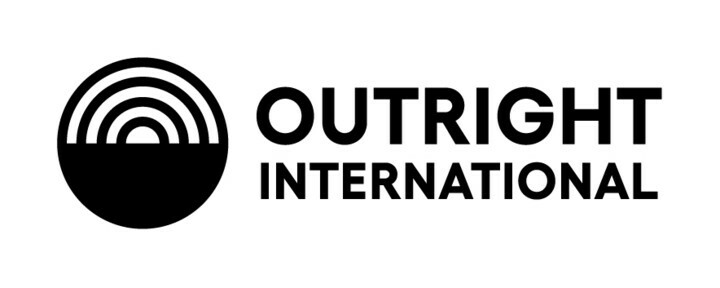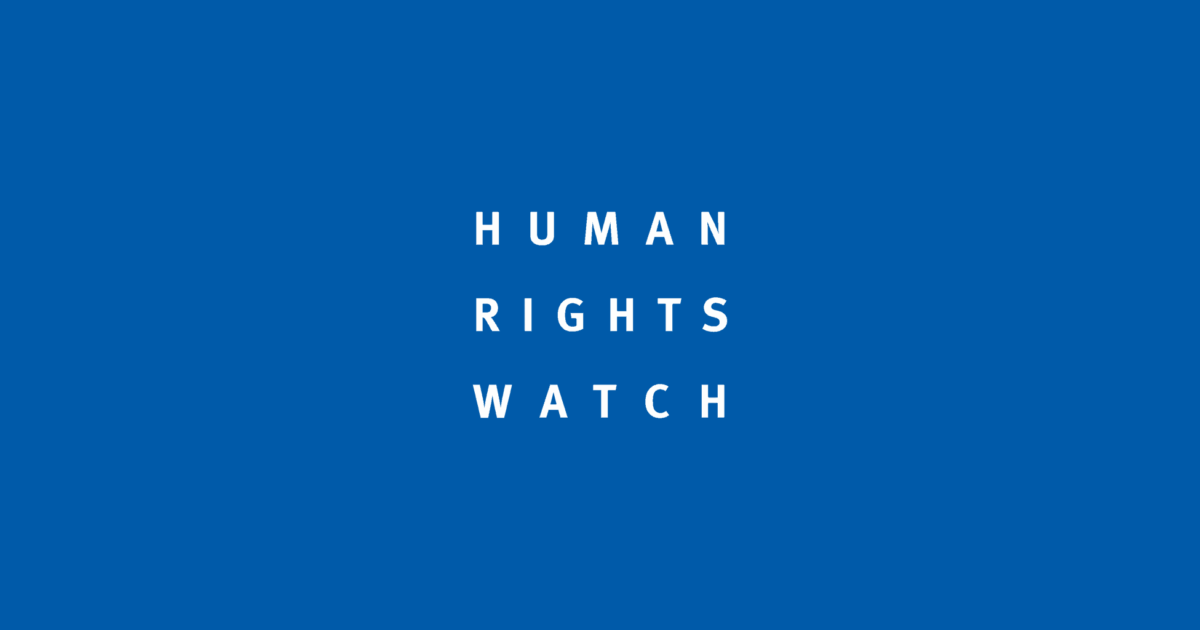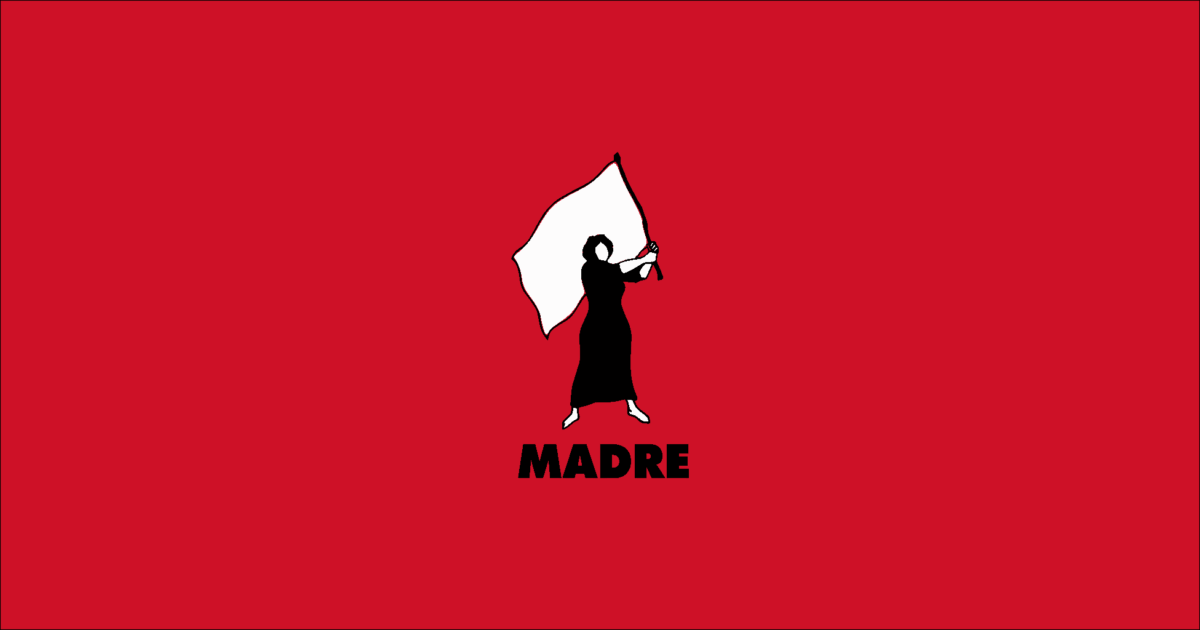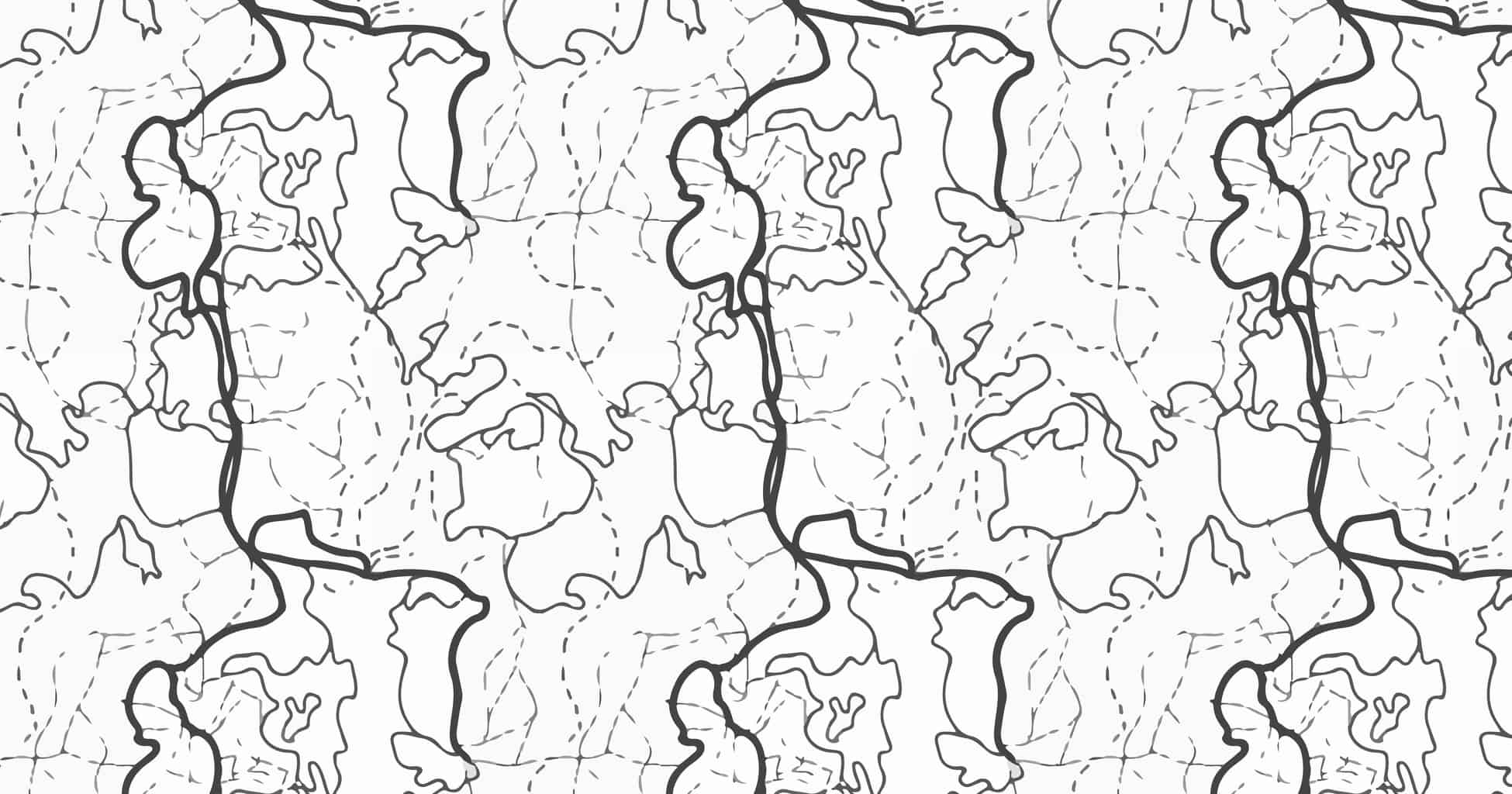Syria & Golan Heights
Syria & Golan Heights
Since 2011, Syria has been on the United Nations Security Council’s agenda, when President Assad’s aggressive actions against pro-democracy protesters during the Arab Spring became more frequent and increasingly violent, leading to civil war and terrorist violence within the country.
Insecurity is the primary concern for women, yet in spite of their limited operating environment, women activists have organized nonviolent protests, distributed and monitored humanitarian aid, documented human rights violations, created safe spaces for women and children, and worked at the local level to set up ceasefires, prisoner releases, and elections.
Based on the work of NGOWG members and their partners, the NGOWG advocates for ensuring women’s needs— such as secure access to sanitation facilities and hygiene, and health assistance— are adequately addressed, and that Syrian women are equally and meaningfully participating in the UN-facilitated political process and in the design and implementation of ceasefire monitoring mechanisms.
Golan Heights
Golan Heights, a disputed plateau in south-western Syria, is home to an equal number of Syrians and Jewish settlers, and since 1973, United Nations Disengagement Observer Force (UNDOF) peacekeepers have observed a contested territorial line between Israel and Golan Heights.
In the current Syrian conflict, Golan Heights has become a key strategic geopolitical position, causing an escalation in violence and increased violations of the ceasefire territorial agreements. Recent advances and attacks by the Islamic State of Iraq and the Levant (ISIL) have concerned residents of Golan Heights— particularly given ISIL’s systematic denial of women’s rights and perpetuation of violations against women.
Based on the work of NGOWG members and their partners, the NGOWG advocates for addressing the increasing gender imbalance in UNDOF by deploying a higher percentage of women, and inclusion of gender-specific language in the UNDOF mandate.
Current and Past Recommendations to the UN Security Council (Monthly Action Points)
The urgent political and humanitarian crisis unfolds in northern Syria, resulting in the displacement of nearly 200,000 people (OCHA); an estimated 450,000 people are at risk if all sides do not exercise maximum restraint and ensure safe, unhindered humanitarian access in line with international humanitarian law. The Council must call for rights-based, survivor-centered humanitarian action that is gender-responsive and provides immediate and non-discriminatory aid response and quality health services, including sexual and reproductive health services, to all affected communities. This means providing specialized staff trained in administering first-line support, clinical management of sexual assault and rape, mental health and psychosocial support (MHPSS), identification of SGBV cases, and safe referrals in a manner that guarantees the safety, confidentiality, and privacy of survivors. Additionally, while acknowledging the launching of the Constitutional Committee on 30 October, the Council should encourage all parties to increase the participation of women, ensuring women are equally represented and can meaningfully participate in the committee and the broader political process. The meaningful dialogue and inclusion of Syrian women human rights defenders should be prioritized in the work of the Office of the Special Envoy, as well as all other multilateral processes. As a means of ensuring accountability, reporting must include analysis and information on efforts to support women’s meaningful participation (S/RES/2449(2018), OP 12.)
Relevant Resources








